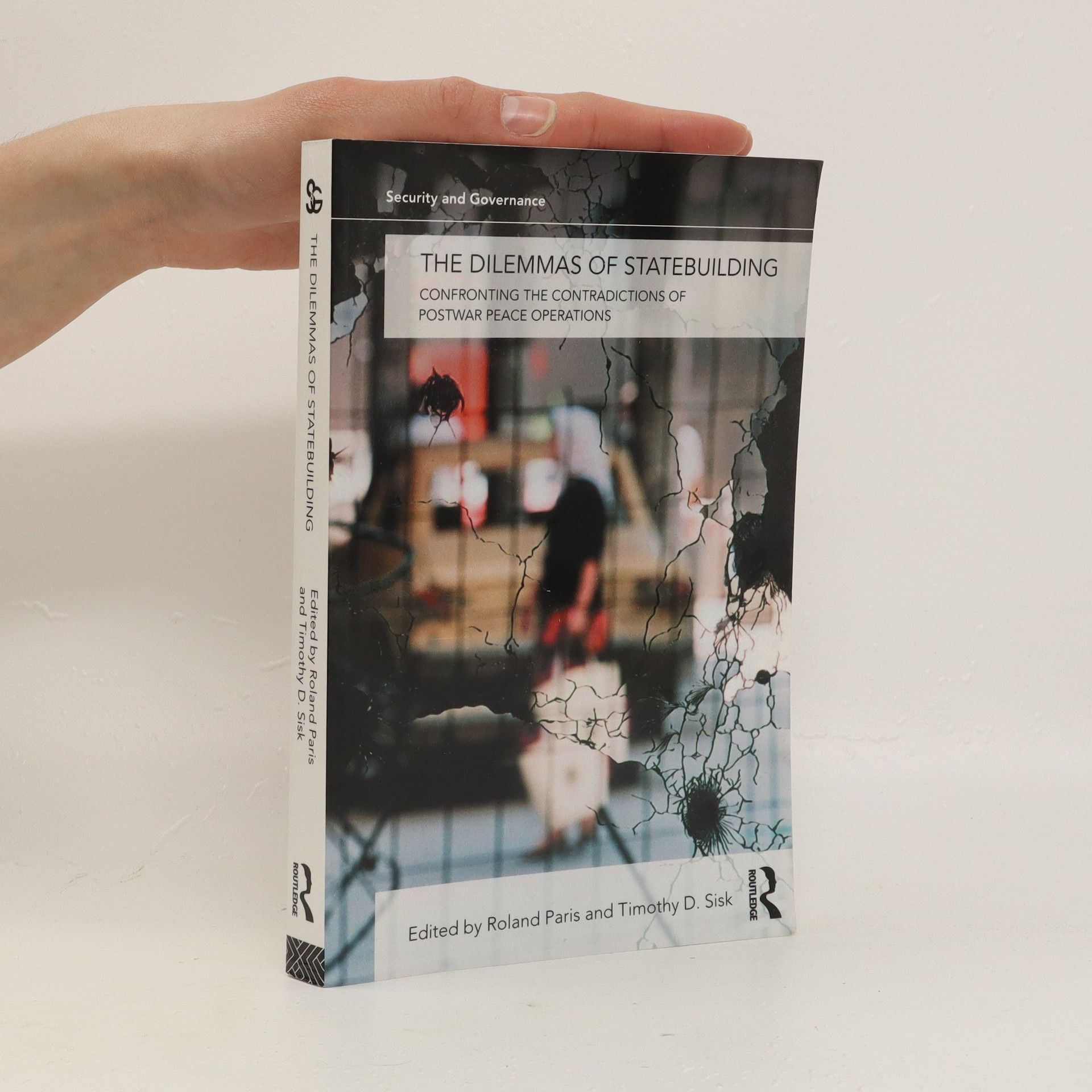This book explores the contradictions that emerge in international statebuilding efforts in war-torn societies. Since the end of the Cold War, more than 20 major peace operations have been deployed to countries emerging from internal conflicts. This book argues that international efforts to construct effective, legitimate governmental structures in these countries are necessary but fraught with contradictions and vexing dilemmas. Drawing on the latest scholarly research on postwar peace operations, the volume: addresses cutting-edge issues of statebuilding including coordination, local ownership, security, elections, constitution making, and delivery of development aid ; features contributions by leading and up-and-coming scholars ; provides empirical case studies including Afghanistan, Cambodia, Croatia, Kosovo, Liberia, Sierra Leone, South Africa, and others ; presents policy-relevant findings of use to students and policymakers alike. The Dilemmas of Statebuilding will be vital reading for students and scholars of international relations and political science. Bringing new insights to security studies, international development, and peace and conflict research, it will also interest a range of policy makers--Publisher's description.
Roland Paris Livres
